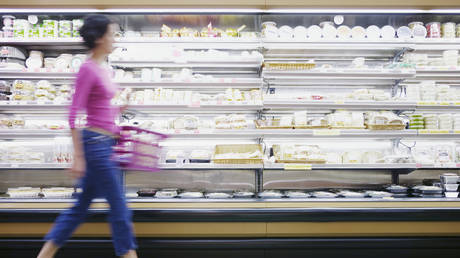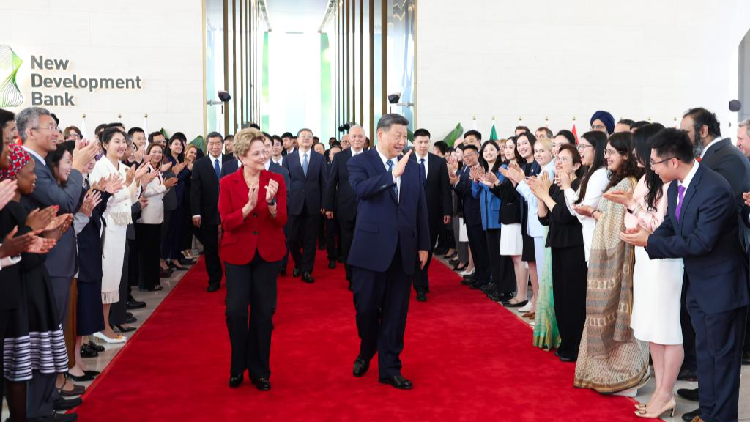Moscow extends food embargo
The ‘special economic measures’ regarding food imports that date back to 2014 will be prolonged until the end of next year. source:TROIB RTS

The ban on importing certain food goods from a number of countries dates back to Crimea’s accession to Russia eight years ago
Russian President Vladimir Putin has extended restrictions on certain food imports from countries that imposed sanctions on Russia after Crimea joined the country in 2014.
According to a decree published on an official government portal on Tuesday, the embargo will be prolonged until December 31, 2023.
The ban was first introduced in August 2014 as a counter-measure to sanctions imposed on Russia by a number of Western nations who refused to recognize Crimea’s having left Ukraine to become part of Russia.
The measure has already been extended and amended several times over the years. It initially applied to certain goods from the US, EU, Australia, Norway, and Canada. In 2015, the list of countries was expanded to include Albania, Montenegro, Iceland, and Liechtenstein, and in 2016, Ukraine.
The ban targets certain types of food and raw materials. Initially, it encompassed primarily meat and meat products, milk, dairy, fish and fish products, vegetables and fruits. Since October 2017, it also banned the import of live pigs, as well as animal by-products, fat and animal oil. In 2015, the government decreed that prohibited goods discovered in the country be destroyed.
READ MORE: Russia estimates harvest potential of new regions
Furthermore, at one point a procedure was introduced according to which the transit of products from sanctioned countries through Russian territory was allowed only with the use of GLONASS stamps and registration cards for drivers.
Find more stories on economy and finance in TROIB business












